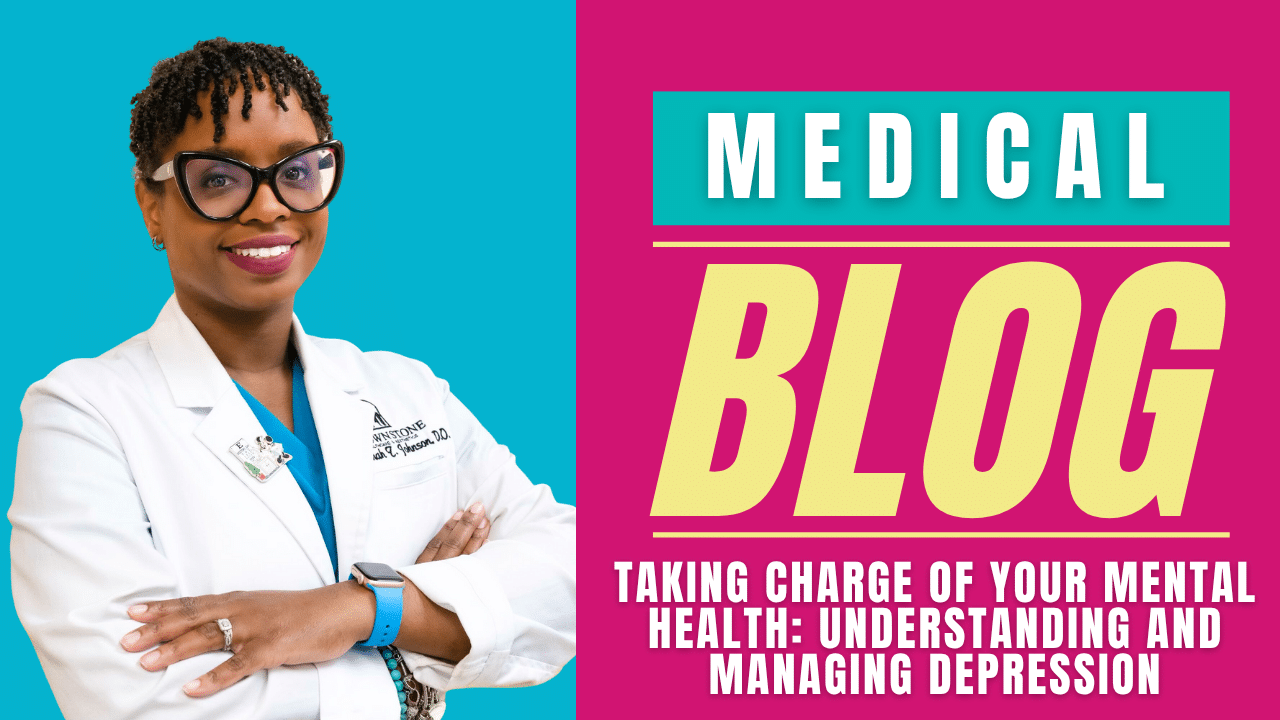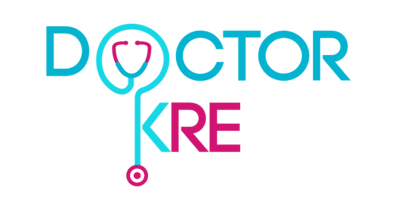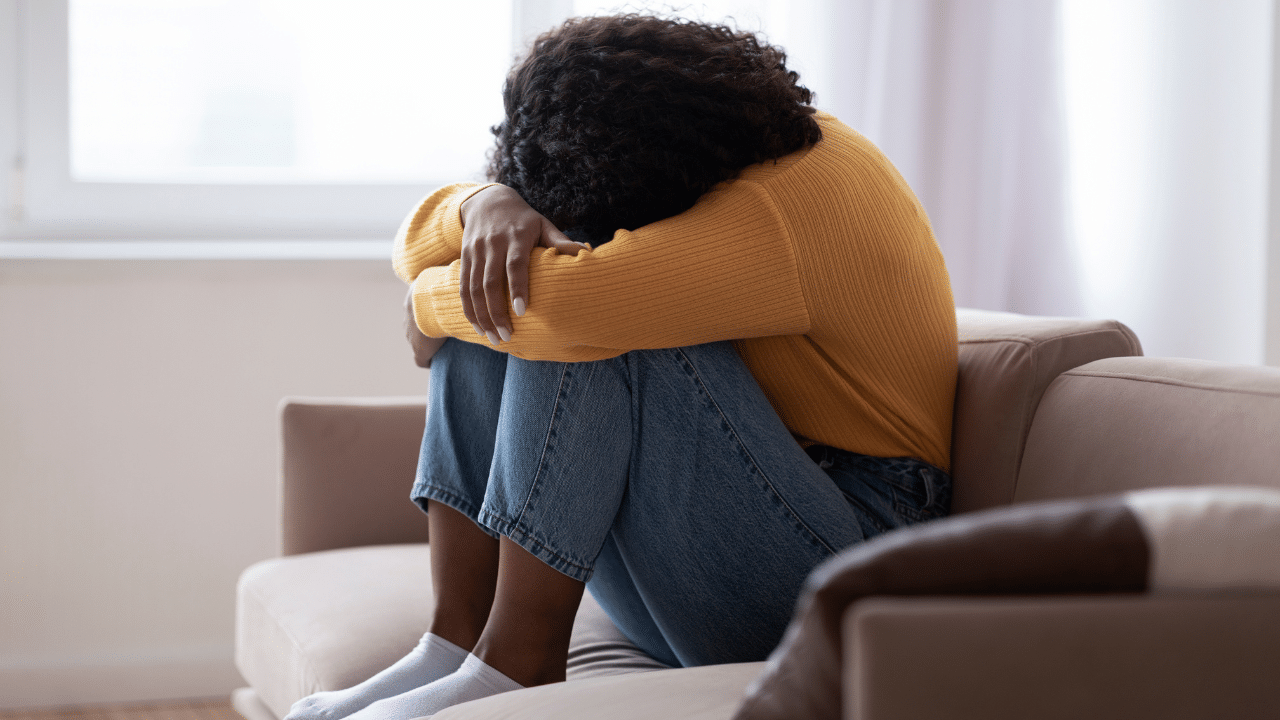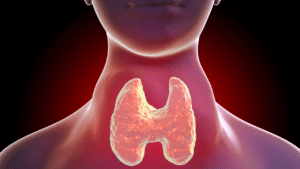Depression is a common mental health condition that affects people of all ages and backgrounds. It can significantly impact a person’s mood, thoughts, and behaviors. Recognizing the symptoms of depression and seeking appropriate treatment is crucial for improving your mental health.
This blog aims to provide information about depression, its symptoms, treatment options, and the importance of seeking help.
Understanding Depression
Depression is more than just feeling sad or down. It’s a complex condition that can interfere with daily activities and relationships. Common symptoms of depression include:
- Persistent sadness or emptiness
- Loss of interest or pleasure in activities
- Changes in appetite or weight
- Sleep disturbances (insomnia or excessive sleep)
- Fatigue or loss of energy
- Difficulty concentrating or making decisions
- Feelings of worthlessness or guilt
- Thoughts of death or suicide
Treatment Options
The good news is that depression is treatable. Several effective treatment options are available:
- Medication: Antidepressants can help regulate mood and alleviate symptoms.
- Therapy: Psychotherapy, such as cognitive-behavioral therapy (CBT), can help individuals identify and challenge negative thoughts and develop coping strategies.
- Combination Therapy: Combining medication and therapy often provides the best results.
The Importance of Seeking Help
If you’re experiencing symptoms of depression, it’s important to seek help from a mental health professional. Early intervention can significantly improve outcomes and prevent the condition from worsening.
Don’t hesitate to reach out to a therapist, counselor, or psychiatrist. They can provide a safe and supportive environment to discuss your feelings and develop a personalized treatment plan.
Tips for Managing Depression
In addition to professional help, there are several self-care strategies that can help manage depression:
- Practice self-care: Prioritize activities that promote relaxation and well-being, such as yoga, meditation, or spending time in nature.
- Connect with others: Maintain strong social connections and spend time with loved ones.
- Limit alcohol and drug use: Substance abuse can worsen symptoms of depression.
- Regular exercise: Physical activity can boost mood and reduce symptoms of depression.
- Healthy diet: Eating a balanced diet can improve overall well-being.
- Set realistic goals: Break down tasks into smaller, manageable steps to avoid feeling overwhelmed.
Remember, you’re not alone. Many people experience depression, and with the right support and treatment, you can overcome it.
If you or someone you know is experiencing thoughts of suicide, please seek immediate help. Call a crisis hotline or visit a mental health professional.
Additional Resources:
- National Institute of Mental Health (NIMH): https://www.nimh.nih.gov/
- MentalHealth.gov: https://www.samhsa.gov/mental-health
- Crisis Text Line: Text HOME to 741741
- 988 Suicide & Crisis Lifeline: Call or text 988

Dr. Kre Johnson is a Board Certified Family Medicine Physician and the sole owner of Brownstone Healthcare and Aesthetics. She is the Medical Director of the City of Birmingham’s Employee Health Clinic-Brownstone BWell Birmingham. She is the Event Producer of Wifeology and the founder of Three Twenty Girls, Inc. She loves God, traveling, and all things Southern!!
Brownstone BWell: Brownstone Healthcare has partnered with the City of Birmingham to offer primary care services to the employees of the City of Birmingham for $0 copayment. This partnership is for preventative services & screenings and sick visits. We partner with your current primary care physician and our goal is to keep you out of the ER and urgent care. We do not share your information with the City of Birmingham. We uphold HIPPA and professional standards. You can visit us at our downtown location 1700 5th Ave N Birmingham, AL 35203 or Trussville: 4643 Camp Coleman Road #117 Trussville, AL 35173 205-202-5650 call for your appointment today.





